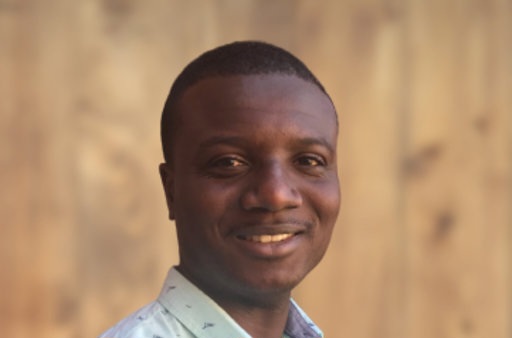Assistant Professor in Computational Linguistics at the University of Groningen, Dr. Frank Tsiwah has called for the reformation of tertiary education in Ghana through the use of artificial intelligence.
He was speaking in a webinar yesterday on the topic : “Role of CHAT-GPT in Tertiary Education: Opportunities, Challenges and Possibilities”.
According to Dr. Tsiwah, the use of artificial intelligence, especially ChatGPT exposes the relevance of learning systems in Ghana as university students find it easier to use the technology for assignments and other academic work.
“If students are using [artificial intelligence] and they are outsourcing the ability to think creatively and use AI to do academic work, then what would be the value of a degree? It forces us to think, what are we really teaching? What do we want to teach our student? At the end of the program, perhaps there are a lot of things we are teaching our students now which are actually not relevant. Are are we teaching them to creatively, actually critically think about problems and come up with solutions?”
However, Dr. Tsiwah suggested a reform in the mode of teaching in Ghana by adapting the use of artificial intelligence in teaching at the Tertiary level to improve education in Ghana.
“How do we enable teachers to take advantage of this powerful tool to train students to make them more efficient, but also making us the teachers more efficient to make the best use of it? The key takeaway here is if generative AI systems are here to stay, then we as educators should be here to stay as well. And so should our students be. Which means we have to capitalize on this tool, which is within us, get to know it more and actually get to use it to our advantage to make us even better than we were previously.”
Adding on to that, Professor at the Department of Computer Science, Prof. Isaac Wiafe also encouraged the use of artificial intelligence by students.
He stated that by doing so, the skill to use of artificial intelligence would be facilitated among students.
“If we say that we don’t want students to use AI tools to support their work, then can we say that we will not also allow lecturers to use them to generate exam questions? Because if the lecturer is allowed to generate exam questions and it makes life easier for them, does it mean that we want to make life difficult for students?
According to Dr. Wiafe, such skills would prove useful for their future.
“We expect that in future as people go into the industry, they will have these [technology] skills. Now if they should have these skills, then why are we saying that we will not allow them to use it while they are in school so they become better at querrying AI tools like that?”
–
Story by | Deborah Yakohene | univers.ug.edu.gh





